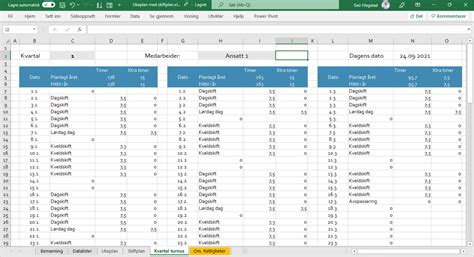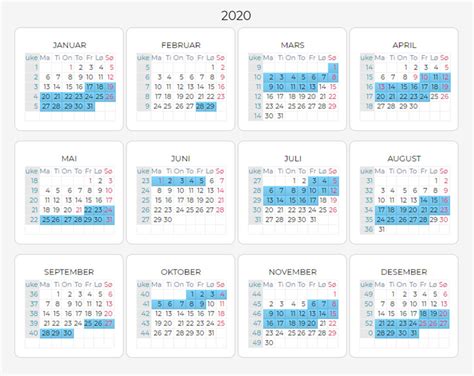skiftplan,skiftkalender offshore,skiftplan,Enkel, rask og pen skiftkalender. Lag din egen skiftkalender gratis og uten reklame. Beregnet for folk offshore, men de fleste rotasjoner og skiftordninger er tilgjengelig. By buying your Rolex Duty-Free, you would be paying less tax and your watch should be cheaper. To the same end, Duty-Free shops used to be a great place to buy designer handbags too. I was a regular at Burberry by the British Airways airport lounges at Heathrow T5 (pictured above). I used to go there just after Christmas to pick up a nice Duty .

The world of offshore operations is inherently demanding and complex. Whether it's the oil and gas industry, maritime logistics, or other specialized sectors, offshore workers are often required to work in challenging environments where precision and planning are crucial. One key aspect of managing offshore teams is effective shift scheduling, which ensures that operations run smoothly, workers are rested adequately, and safety standards are maintained. In this article, we will explore the concept of *Skiftplan*, also known as shift planning or shift calendar, focusing specifically on its use in offshore operations.
Understanding Skiftplan
The term *Skiftplan* is derived from Scandinavian languages, with "skift" meaning "shift" and "plan" meaning "plan" or "schedule." Thus, *Skiftplan* refers to a shift plan or schedule, outlining the specific work shifts for employees. In offshore industries, this scheduling is particularly important due to the harsh working conditions, long hours, and the need for continuous operations.
In English, *Skiftplan* translates to "Shift Plan," and other related terms include "Skiftkalender" (Shift Calendar), "Skiftplanlegger" (Shift Planner), and "Calendario de escala" (Spanish for "Shift Calendar"). These terms refer to the various tools and systems used to organize and track shifts.
The Importance of Shift Planning in Offshore Industries
Offshore industries, including oil rigs, wind farms, and maritime operations, require workers to operate in isolated and often hazardous environments. This creates a need for shift planning systems that not only ensure efficiency but also address legal and safety requirements. Proper shift scheduling can have a profound impact on operational efficiency, safety, and employee well-being.

# Key Benefits of Effective Skiftplan Systems:
1. Optimized Workload Distribution: Offshore jobs can require long working hours, especially in industries like oil extraction, where operations must run continuously. A *Skiftplan* helps to distribute the workload evenly among workers, preventing burnout and ensuring that the workforce is always ready for the next shift.
2. Compliance with Labor Laws: Different countries and industries have regulations regarding maximum working hours, rest periods, and overtime. An efficient shift calendar ensures that these regulations are met, reducing the risk of fines and legal issues.
3. Enhanced Safety: Fatigue is a significant safety risk in offshore operations. A well-organized *Skiftplan* reduces the likelihood of worker fatigue by ensuring that employees have adequate rest periods between shifts.
4. Clear Communication: A shift calendar provides clarity on who is working at any given time, improving communication and coordination among team members, supervisors, and other departments.
5. Cost Control: Effective planning can help manage overtime and staffing costs, ensuring that there are no unnecessary labor expenditures while maintaining operational efficiency.
Key Concepts Related to Skiftplan
Before diving into how offshore *Skiftplan* systems work, it’s important to understand some key concepts and terminology.
Skiftkalender (Shift Calendar)
The *Skiftkalender* is essentially the visual representation of the shift plan. It’s the calendar where shifts are marked and assigned to individual workers. It can be a physical calendar, a digital tool, or an integrated part of a larger workforce management system.
The shift calendar can include:
- Shift Times: The exact start and end times for each shift.
- Employee Names: Identifying which employee is scheduled for each shift.
- Work Tasks: Specific tasks assigned during each shift.
- Rest Days: Scheduled days off for workers, ensuring compliance with labor laws regarding work-rest cycles.
In the offshore environment, the *Skiftkalender* often spans months at a time, allowing for long-term planning and adjustments. In industries like oil and gas, workers may follow a 14/14 schedule, where they work 14 days on the rig, followed by 14 days off.
Skiftplanlegger (Shift Planner)skiftplan
The *Skiftplanlegger* is the individual or system responsible for organizing and managing the shift calendar. This can be a manager, HR professional, or an automated system that uses algorithms to optimize shift assignments. The *Skiftplanlegger* ensures that there is adequate coverage for each shift, that employees are assigned according to their skill set, and that legal and safety regulations are followed.
In offshore industries, the *Skiftplanlegger* must also consider additional factors, such as the geographical location of workers, transportation logistics, and the availability of specific expertise. The planner must ensure that there are always enough crew members on board to handle operations and emergencies, even during adverse weather conditions or critical maintenance periods.

skiftplan Watches of Switzerland - Official Rolex Retailer. Discover the experience of buying a Rolex at our store.
skiftplan - skiftkalender offshore




















































